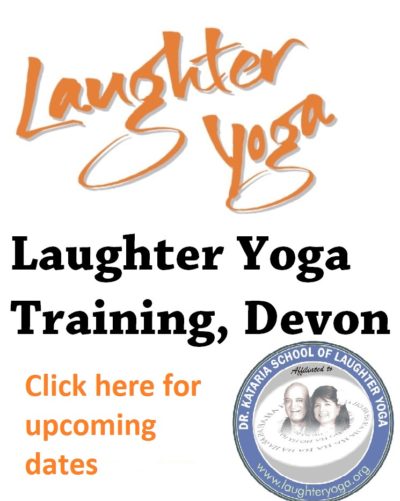We believe Laughter is firmly part of a great well-being process! We’ll explain why and how later, but first let’s look at the 5 ways to Well-Being.* Here’s some great information from NEF (New Economics Foundation)
CLANG!
1. Connect…
With the people around you. With family, friends, colleagues and neighbours. At home, work, school or in your local community. Think of these as the cornerstones of your life and invest time in developing them. Building these connections will support and enrich you every day.
2. keep Learning…
Try something new. Rediscover an old interest. Sign up for that course. Take on a different responsibility at work. Fix a bike. Learn to play an instrument or how to cook your favourite food. Set a challenge you enjoy achieving. Learning new things will make you more confident as well as being fun.
3. be Active…
Go for a walk or run. Step outside. Cycle. Play a game. Garden. Dance. Exercising makes you feel good. Most importantly, discover a physical activity you enjoy and that suits your level of mobility and fitness.
4. take Notice…
Be curious. Catch sight of the beautiful. Remark on the unusual. Notice the changing seasons. Savour the moment, whether you are walking to work, eating lunch or talking to friends. Be aware of the world around you and what you are feeling. Reflecting on your experiences will help you appreciate what matters to you.
5. Give …
Do something nice for a friend, or a stranger. Thank someone. Smile. Volunteer your time. Join a community group. Look out, as well as in. Seeing yourself, and your happiness, as linked to the wider community can be incredibly rewarding and creates connections with the people around you.
(Taken from the booklet ‘Taking Steps towards Living Well – A Personal Guide to the 5 Ways to well-Being’ a Devon Partnership NHS Trust initiative) http://www.devonpartnership.nhs.uk/fileadmin/user_upload/publications/zoln/5_ways_self_help_booklet_read_version.pdf
Why Laughter Yoga is at the heart of these 5 ways to Well-Being….
- Laughter Yoga is a group activity. Being with laughing people and experiencing their laughter makes it easier for you to laugh. Laughter Yoga sessions give you opportunities to effortlessly Connect with others.
- Laughter Yoga might be the something new for you to try out so that you keep Learning. It’ll certainly be fun and may lead you to even more new learning opportunities.
- By doing Laughter Yoga you’re being Active. It’s a good aerobic exercise providing a mid-body workout. Did you know that the aerobic benefit of 1 minute of hearty laughing (deep belly laughing from the depths of your diaphragm) is equivalent to 10 minutes of rowing or jogging?
- LY sessions are all about you taking Notice – letting go and responding to your feelings. Laughter exercises can help you to reflect on experiences and learn from them. Laughter meditation opens up the layers of your subconscious mind with laughter flowing spontaneously and effortlessly. Relaxation exercises focus your mind and remind you about the greatness of you, your body and the world around you.
- At every session you are Giving to those around you – establishing eye contact, smiling and laughing and positively affirming each other as a group by chanting and clapping ‘very good, very good, YAY!’ If you share your laughter yoga skills and experiences with those outside of your group then you’re giving again.
We think you’ll agree that Laughter Yoga ticks all the well-being boxes!
Laugh and CLANG!
*The ‘5 ways to wellbeing’ were developed as evidence-based mental health promotion messages
by the new economics foundation at the request of the Government’s Department of Science for
the Foresight Mental Capital and Wellbeing Project (2008) www.neweconomics.org





